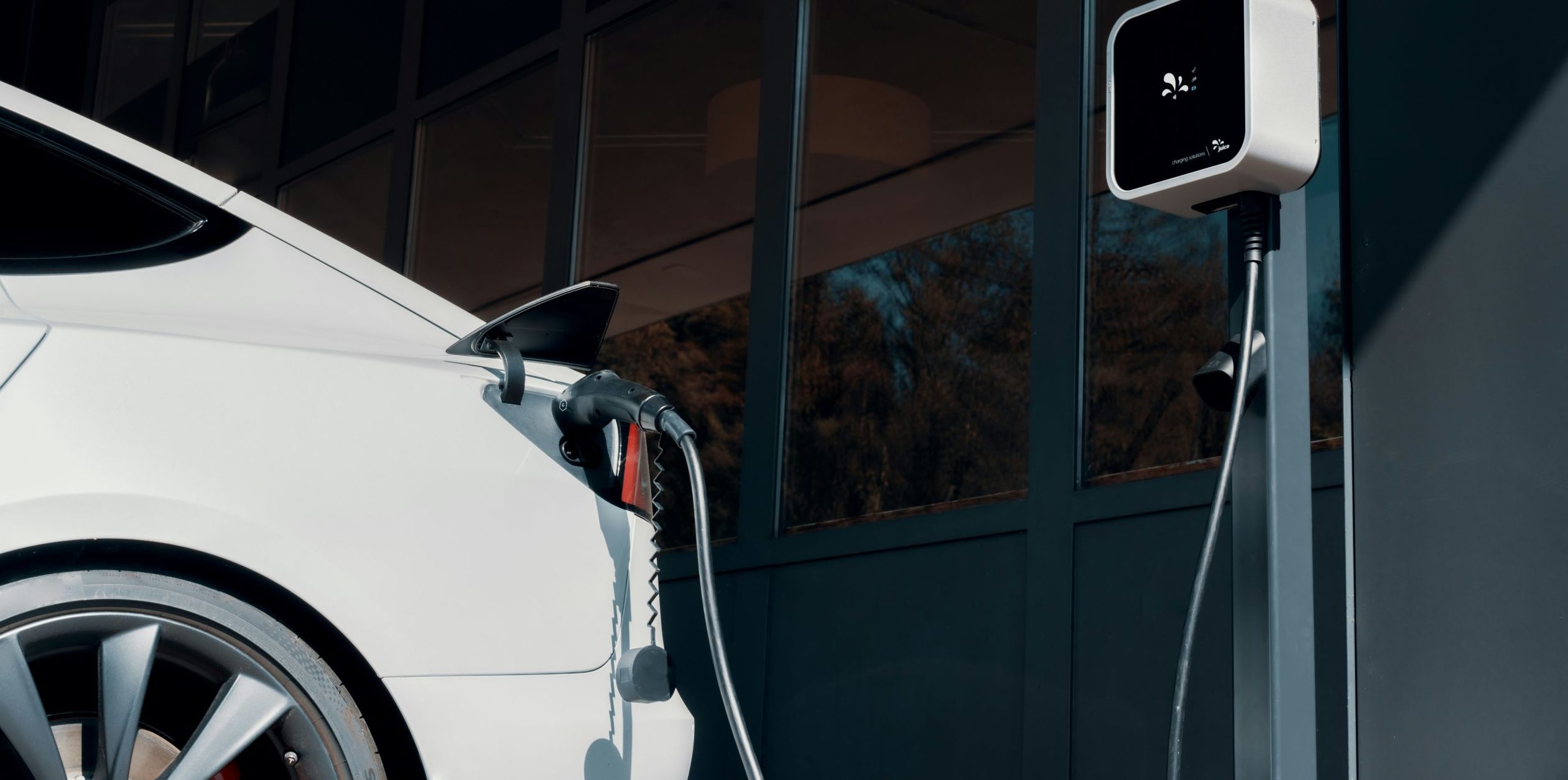California's $1.4 Billion Investment in EV Charging and Hydrogen Refuelling Infrastructure
Key Ideas
- The California Energy Commission approved a $1.4 billion investment for new EV charging stations and hydrogen refuelling infrastructure, prioritizing clean air benefits in disadvantaged communities.
- California aims to address the imbalance between EVs and charging infrastructure as the number of EVs on the road has surged, with over 20 EVs per charger currently.
- West Coast cities like Seattle, San Francisco, and San Jose lead in EV infrastructure according to a 2023 survey, with high numbers of registered EVs and accessible charging stations.
- The investment plan reinforces California's commitment to zero-emission transportation and aligns with efforts to reduce pollution and greenhouse gas emissions by promoting electric vehicles.
The California Energy Commission has given the green light to a substantial investment of $1.4 billion for the installation of nearly 17,000 new electric vehicle (EV) charging stations and hydrogen refuelling infrastructure. These funds will be allocated over four years through competitive grants, supplementing the existing 152,000 public chargers in operation across the state. The approval of this investment plan underlines California's dedication to funding zero-emission refuelling infrastructure, with a focus on delivering clean air benefits to low-income and disadvantaged communities. The state aims to tackle the growing demand for EV charging points, as the number of EVs on US roads has surpassed the available chargers, currently standing at over 20 EVs per charger. By prioritizing investment in EV and hydrogen infrastructure, California seeks to bridge this gap and promote the adoption of clean transportation options. Additionally, the plan aligns with previous initiatives to cut pollution and greenhouse gas emissions by prohibiting the sale of petrol and diesel cars. The state envisions reaching 250,000 charge points in the near future, with a focus on expanding public charging accessibility beyond private homes. In terms of EV infrastructure, West Coast cities like Seattle, San Francisco, and San Jose have emerged as leaders, as shown in a 2023 survey ranking US metro areas by charger density and EV adoption rates. These cities boast high numbers of registered EVs, ample public charging stations, and incentives for EV owners. Overall, California's substantial investment in EV and hydrogen infrastructure reflects a positive step towards sustainable transportation and environmental conservation.
Topics
Cities
Clean Energy
Infrastructure
Technology
Investment
Electric Vehicles
Transportation
Environment
Public Policy
Latest News
